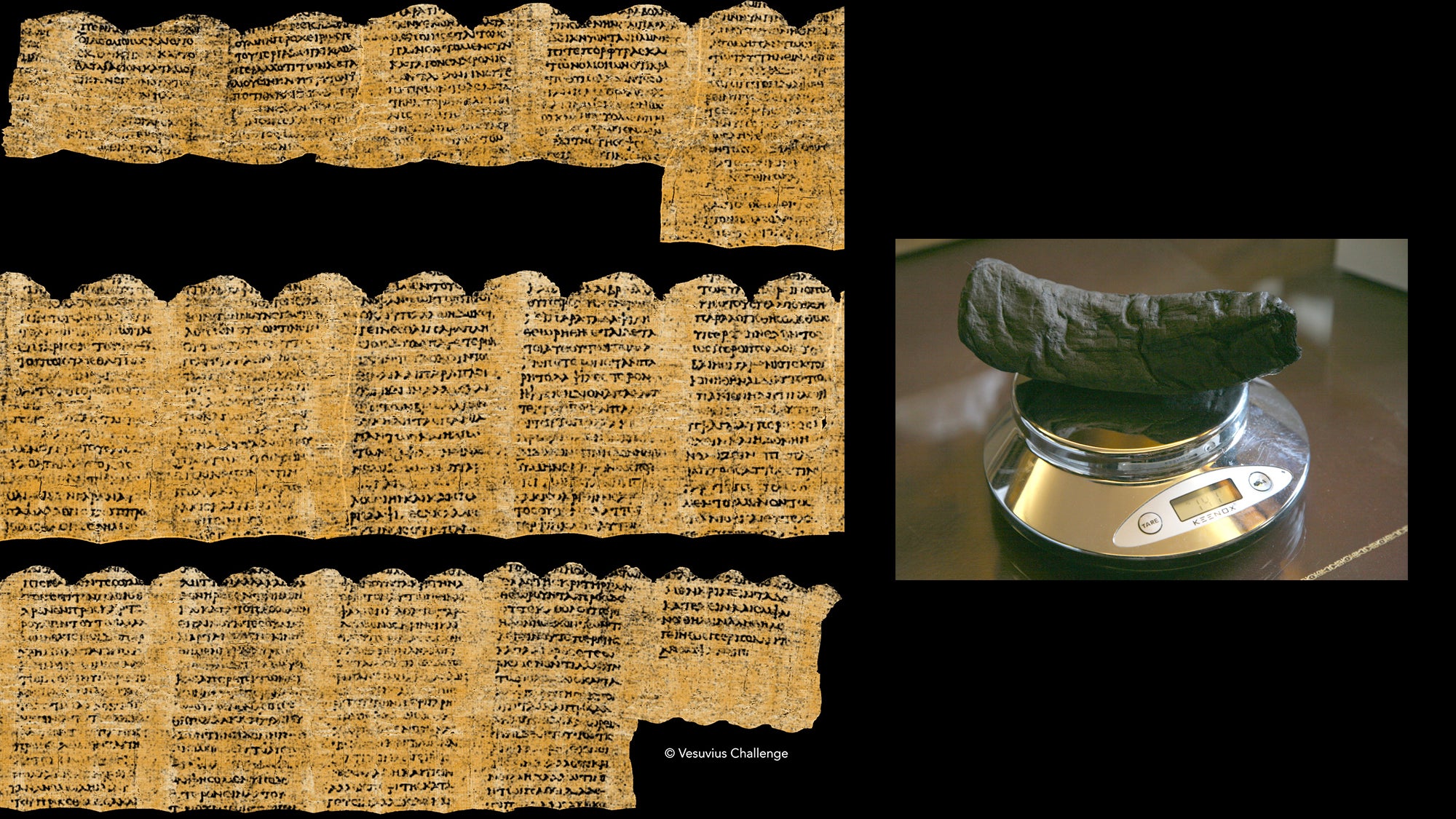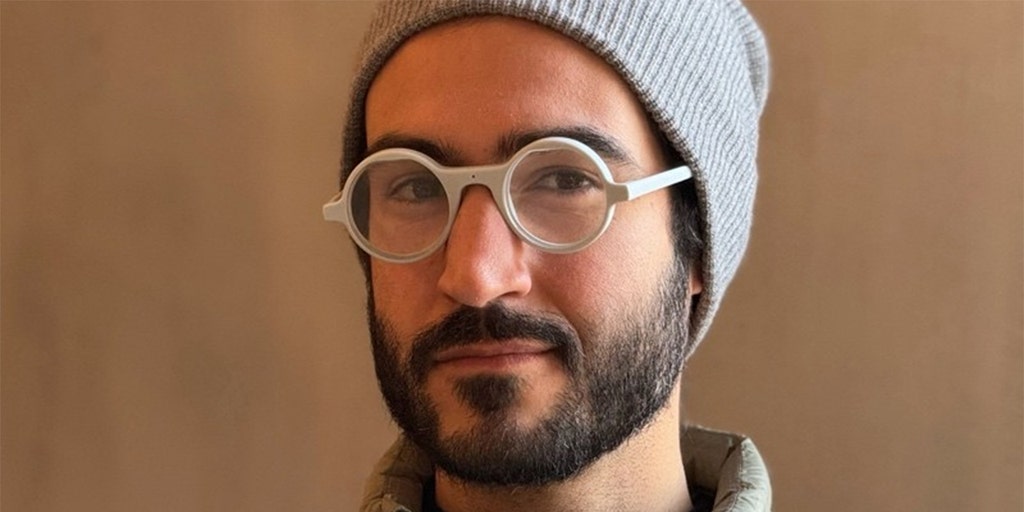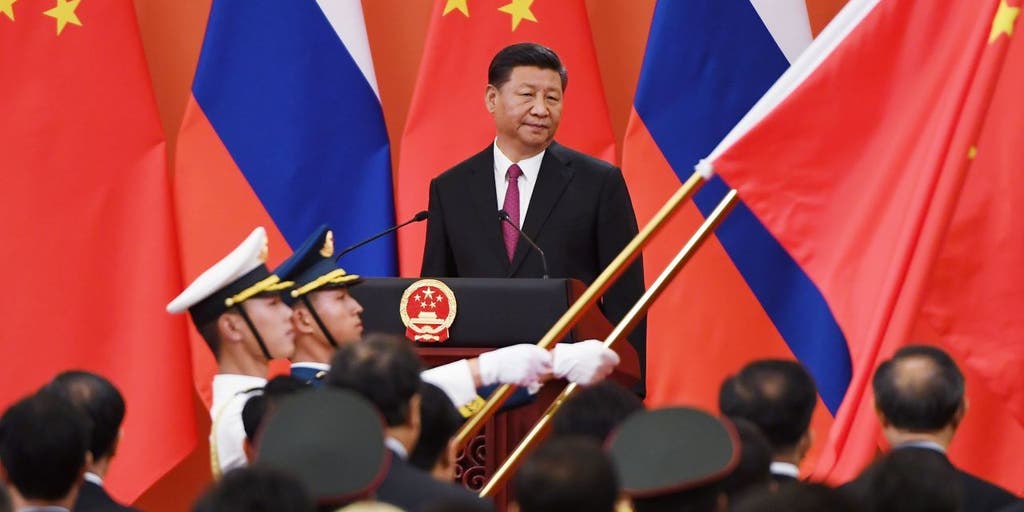The champions of the Vesuvius Challenge competition are currently utilizing computer vision and AI machine learning methodologies to interpret damaged ancient papyrus scrolls dating back to the first century CE. These scrolls, which endured carbonization during the eruption of Mount Vesuvius in Italy in 79 CE, were transformed into fragile, charred logs, rendering them nearly inaccessible through traditional restoration techniques. The grand prize of $700,000 will be split among three victors: Luke Farritor (US), Youssef Nader (Egypt), and Julian Schilliger (Switzerland), who successfully decrypted approximately 2,000 characters from 15 columns of Greek texts that had previously remained unseen.
Farritor, a 21-year-old individual from Nebraska and former intern at SpaceX, emerged victorious in the “First Word” segment of the competition in October 2023 by developing a machine learning model to identify the initial characters, revealing the word “c—or porphyras,” translating to “purple” in Greek. Subsequently, he collaborated with Nader and Schilliger, leveraging their respective advanced AI algorithms to decode the remaining fragments. The newly unveiled text, attributed to an ancient philosopher, encompasses reflections on the joys of life and a critique of those who fail to acknowledge them.
The papyrus scrolls were originally stored in a palace library in Herculaneum, situated north of Pompeii and believed to be associated with Julius Caesar’s father-in-law. Following the eruption of Mount Vesuvius, the library was engulfed in flames and subsequently buried under ash and pumice. Discovered by a laborer in 1752, these liquefied manuscripts had been lost for centuries. A Vatican scholar meticulously unfolded much of the collection over subsequent decades using a unique weighted string technique, resulting in numerous fragmented pieces that required painstaking reassembly.
In 2023, a team from the University of Kentucky initiated the Vesuvius Challenge after 3D scanning the library and uncovering approximately 270 artifacts from the “Villa of the Papyri” that remained inaccessible as of 2019. The competition sponsors offered over $1 million in prizes to facilitate the development of innovative techniques for accessing the undisclosed contents. The final 15 columns of the initial scroll, addressing themes of “music, food, and the art of savoring life’s pleasures,” are attributed to Epicurean scholar Philodemus, as indicated in a statement by competition sponsor Nat Friedman on February 5.
The ongoing exploration of these ancient relics suggests the potential presence of undiscovered works, including poems by Sappho. The competition continues with a new phase announced by Friedman, introducing a $100,000 reward for the first team to unveil at least 90% of all four scanned scrolls. As researchers progress towards uncovering the mysteries within these artifacts, the Villa of the Papyri holds promise for further revelations, with experts speculating the existence of numerous unexplored artifacts awaiting discovery.










